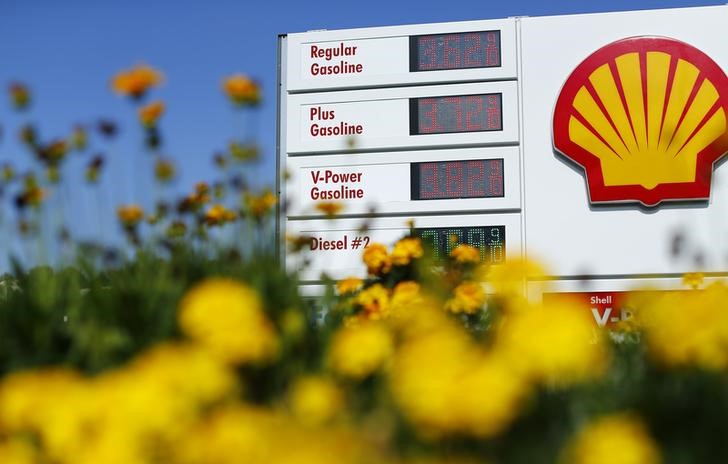Shell tightens restrictions on Russian oil buying
Shell tightened its restrictions on buying Russian oil, saying it will no longer accept refined products with any Russian content, including blended fuels

Shell tightened its restrictions on buying Russian oil, saying it will no longer accept refined products with any Russian content, including blended fuels.
Last month, Shell said it would phase out its purchase of Russian crude and its stake in all Russian hydrocarbons, from oil to natural gas, after facing an uproar over buying a shipment of Russian crude in the days after Moscow’s invasion of Ukraine.
However, London-based Shell, the world’s largest oil trader, continued to accept products with less than 50% fuel from Russia, based on the terms of its commercial contracts.
But on Wednesday it said it would no longer accept any such product from Russia.
A Shell spokesman confirmed the change to its terms.
“We are working to phase out Russian oil and gas from our supply chain, while protecting the energy and fuel supplies that millions of people depend on every day. We are making progress and have taken another step to tighten our conditions.” to help achieve this,” Shell said.
The new conditions do not affect purchases of Russian crude, while Shell is phasing them out.
Europe relies heavily on Russian crude and refined products, particularly diesel and jet fuel. Russia is Europe’s biggest oil supplier, supplying just over a quarter of the EU’s oil imports in 2020, according to data from the bloc’s statistical office Eurostat.
Fuel blending is common practice and can occur at company level or in storage depots containing a mix of fuels from different countries.
Other European companies, such as TotalEnergies, Repsol and BP, no longer buy refined products with Russian content.